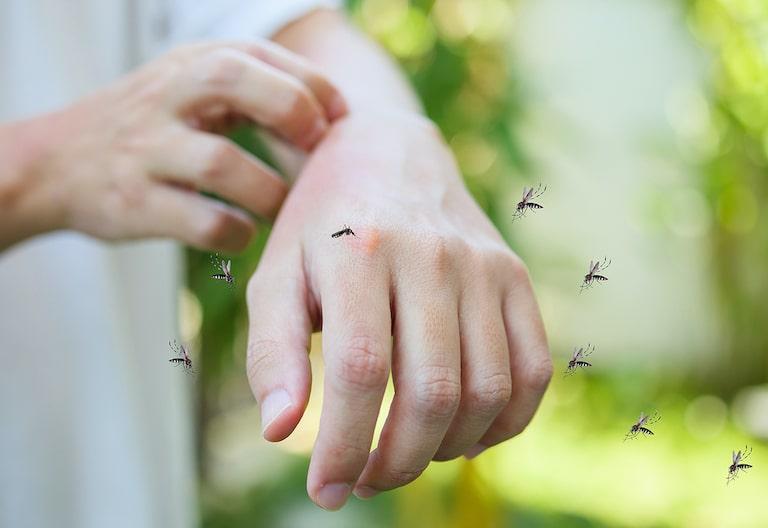
Can Mosquitoes be Cured of Malaria?
Malaria, a disease caused by the Plasmodium parasite, has been a major public health concern for centuries. It is a leading cause of illness and death worldwide, especially in tropical and subtropical regions. According to the World Health Organization (WHO), in 2020, there were approximately 229 million cases of malaria reported globally, resulting in 405,000 deaths.
While significant progress has been made in recent years in combating the disease, malaria remains a major challenge. The current methods of controlling the disease, such as insecticide-treated bed nets and indoor residual spraying, have limitations. Insecticide-resistant mosquitoes are becoming increasingly common, making it necessary to develop new and innovative strategies to combat malaria.
Recently, scientists at Harvard University have made a breakthrough in developing a new method to fight malaria. Instead of just killing mosquitoes, they have developed a method to treat them with anti-malarial drugs, making them harmless to humans. This approach, known as “mosquito bioengineering,” has the potential to revolutionize the way we combat malaria.
The New Method:
The new method involves coating bed nets with anti-malarial drugs that can eliminate the malaria parasite inside mosquitoes. These bed nets are designed to be worn over beds or sleeping areas to prevent mosquitoes from biting humans. When a mosquito bites a person infected with malaria, it ingests the parasite, which then develops inside the mosquito. The anti-malarial drugs in the bed nets can then kill the parasite, making the mosquito harmless to humans.
This approach has several advantages over traditional methods. Firstly, it targets the mosquitoes that are carrying the parasite, rather than just killing them. This means that the mosquitoes are not replaced by other mosquitoes that may also be carrying the parasite. Secondly, it eliminates the need for insecticides, which can have negative environmental and human health impacts. Finally, it has the potential to be more effective in areas where mosquitoes are resistant to insecticides.
The Science Behind it:
The science behind mosquito bioengineering is complex, but it is based on the idea that mosquitoes can be modified to produce anti-malarial proteins. These proteins can then be used to eliminate the malaria parasite inside the mosquito. The scientists at Harvard have developed a method to introduce these proteins into mosquitoes using a virus-like particle, which is then released into the mosquito’s saliva.
When a mosquito bites a person infected with malaria, it ingests the parasite, which then develops inside the mosquito. The anti-malarial proteins produced by the mosquito can then kill the parasite, making the mosquito harmless to humans.
The Potential Impact:
The potential impact of this new method is significant. It could help to reduce the spread of malaria, especially in areas where mosquitoes are resistant to insecticides. It could also reduce the number of mosquitoes that are carrying the parasite, making it easier to control the disease.
In addition, this approach could be used in conjunction with other methods to combat malaria. For example, it could be used in combination with insecticide-treated bed nets and indoor residual spraying to create a comprehensive approach to malaria control.
Challenges Ahead:
While the new method shows great promise, there are several challenges that need to be addressed. One of the main challenges is the cost of producing the anti-malarial proteins. The cost of producing these proteins is currently high, which could make it difficult to scale up the production.
Another challenge is the need for further research. While the new method has shown promise in laboratory experiments, further research is needed to determine its effectiveness in real-world settings.
Finally, there is the need for public acceptance. The new method involves using genetically modified mosquitoes, which could raise concerns among some members of the public.
Conclusion:
The development of a new method to treat mosquitoes with anti-malarial drugs is a major breakthrough in the fight against malaria. This approach has the potential to reduce the spread of the disease, especially in areas where mosquitoes are resistant to insecticides. While there are several challenges that need to be addressed, the potential impact of this new method is significant.
News Source:
https://thecsrjournal.in/can-mosquitoes-be-cured-of-malaria/






